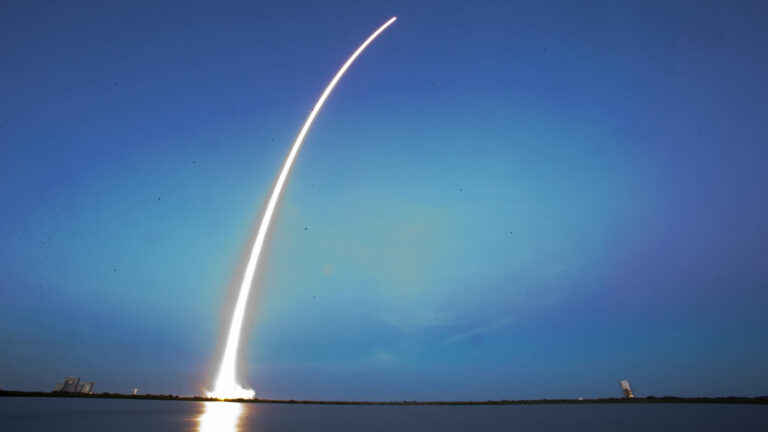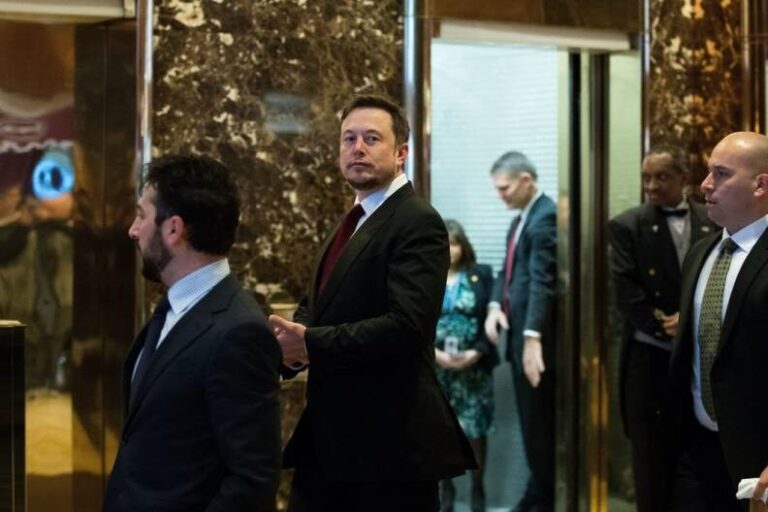Donald Trump Looks Set To Promote Moon Mission
Also Check: Tesla look at Czech Republic for new Gigafactory
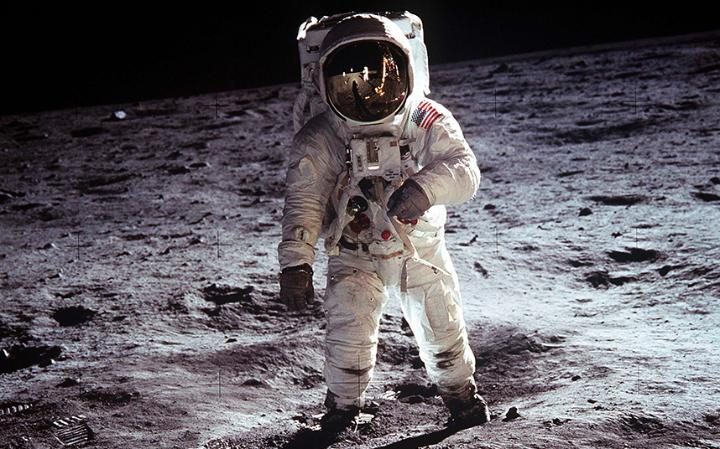 The Guardian
The Guardian
It might be said that this year’s election was not a proud moment for US political history. Both sides used ‘below the belt’ tactics and smear campaigns in an effort to gain the upper hand in a tumultuous period that split the electorate on critical issues. One issue that was not always at the forefront of either the Republican or the Democrat agenda was space exploration. We all heard about immigration, crime, taxes, infrastructure, manufacturing, jobs, terrorism, oil, BLM and many other controversial issues for many months, but neither candidate necessarily campaigned for future space missions. As the dust settles and the victor, Donald Trump, starts to put together his team who will lead the country for the next 4 years, more is becoming apparent about the future of space exploration.

As the new team forms and Trump decides on who will perform which duties after the transition period, many eyes from NASA and the spaceflight industry will be looking at whether Newt Gingrich is given any influence. Gingrich has been more vocal than most in his desire to see the US send astronauts back to the moon, and this time, have them stay for extended periods of time. This, he says, would provide us with the skills and experience to one day send astronauts, or colonists, to Mars.
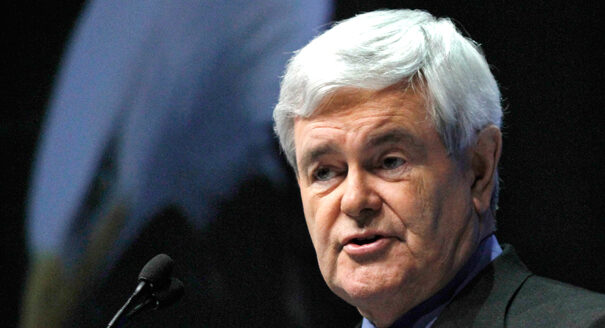
Gingrich has spoken in the past about his desire to see establish a permanent US colony on the moon, which he says, would one day be home to 13,000 inhabitants and even qualify as a US state. This, evidently, would be a distant aim and completed after a Trump administration, even if he manages a second term. A successful mission would also be subject to financial constraints and public opinion, as the Apollo Program which first took us to the moon almost half a century ago cost the US over 100 billion dollars in today’s money.
Trump has been vocal about his ideas regarding climate change and his belief that we have very little influence on global warming. The Obama administration increased spending in NASA’s Earth Sciences division, in an effort to discover more about the climate of Earth and how we are affecting it. It seems only logical that Trump would reduce the budget in this division if New Gingrich’s ideas would come into fruition.
Names mentioned for NASA roles include House Rep. James Bridenstine and Scott Pace. Pace is certainly an advocate of moon mission over a mission to Mars after previously stating that he doesn’t think we are ready for Mars and should first master the art of space colonies using the moon. Pace was also part of the space program championed by George Bush, Constellation, which would have seen a lunar landing by the year 2020. The Obama administration scrapped the expensive program and wanted to concentrate on encouraging private companies to explore space.
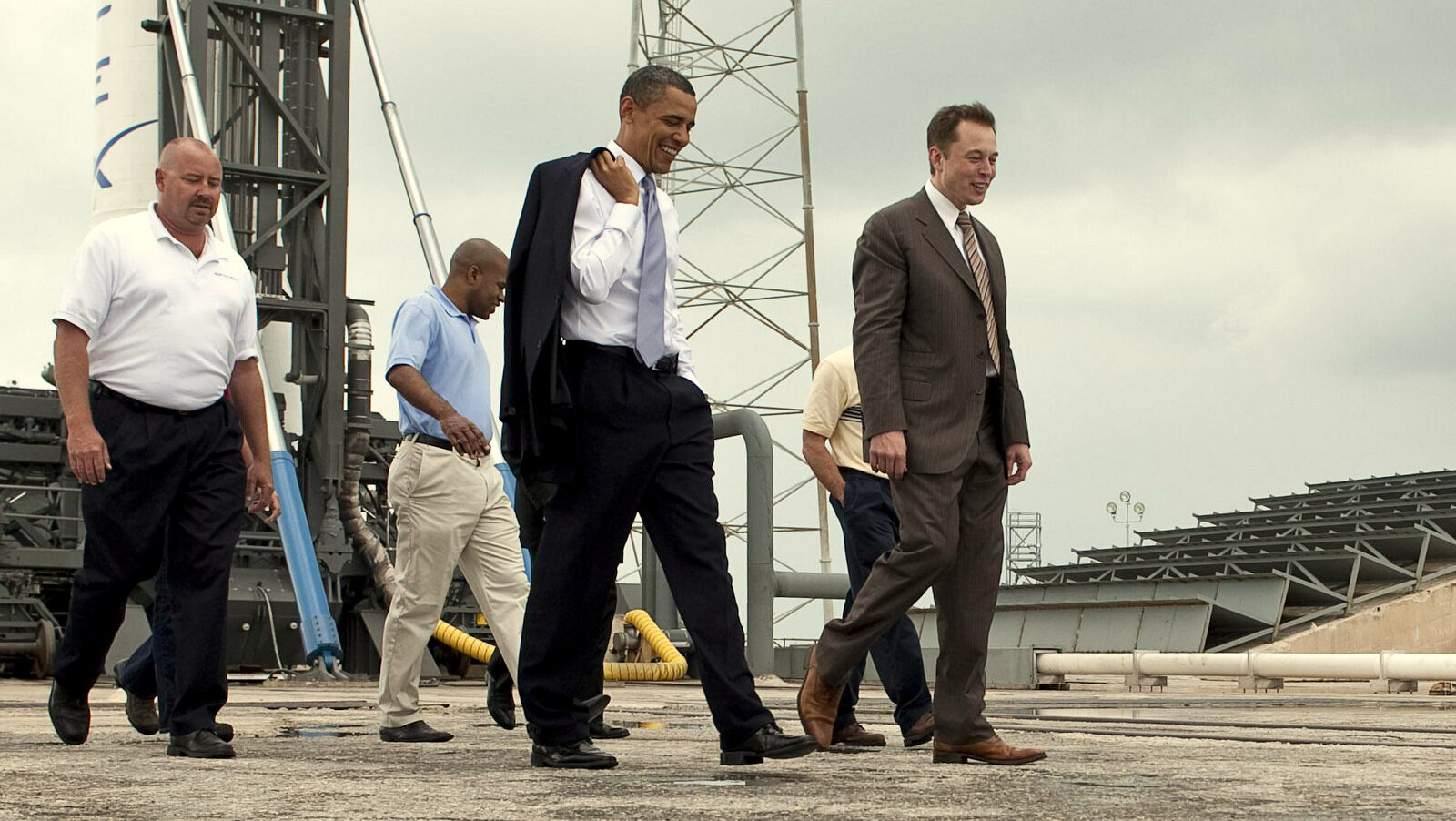
SpaceX have been the most high profile of these private companies to launch missions and have succeeded in launching resupply missions to the International Space Station. Despite recent setbacks, the company have a high success rate in launches so far and they have also succeeded in landing their first stage boosters; a key part of reducing the cost of spaceflight. SpaceX are not alone in their goals and other companies such as Blue Origin have also had some success in launches.
Between 1969 and 1972 NASA managed to put 12 astronauts on the surface of the moon. Since 1972, nobody has even come close to putting a man, or woman, on the surface. Rival space agencies are gearing up for future missions such as asteroid return missions and long distance probes, but nobody has yet given clear indication they are aiming for the moon. Russia, China, Japan and Europe are all looking at their options and a moon mission is not out of the question.
Are they right to go to the moon?
I have always been a firm supporter of a mission to Mars. I am deeply encouraged by the enthusiasm shown by Elon Musk in his ambition to get us to the red planet, and I truly think we should become a multi-planetary species as often states. But, I don’t think that SpaceX can put people on Mars on their own. It would take a truly international effort to create the technology and get it on its way to get astronauts to travel for months at a time and settle on a planet many millions of miles away. Whilst a lunar mission might give our space agencies a great deal of experience on creating off-world colonies, it would distract us from the effort to get to Mars.
A lunar mission would, however, inspire a generation of young scientists and intrepid explorers who would dream of one day leaving the surface of the planet and settling somewhere else. In today’s world, I think a mission of this magnitude is needed more than ever. The whole operation will be broadcasted and live streamed 24 hours of the day and the first pioneers would be celebrated as heroes. The first men and women to live, permanently, on a body of rock that isn’t Earth. Kids could look up at the moon at night and wonder how the pioneers are living and working. I hope they do it.



